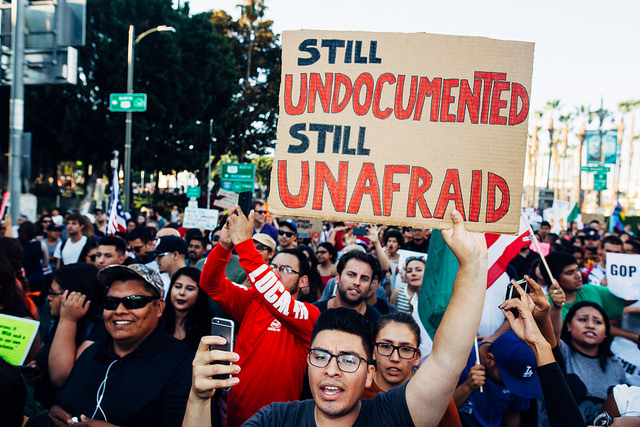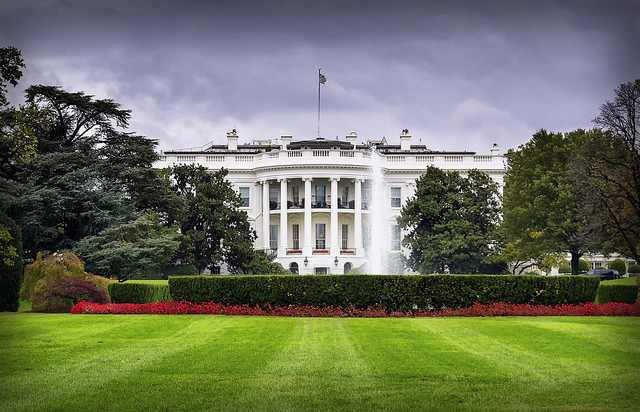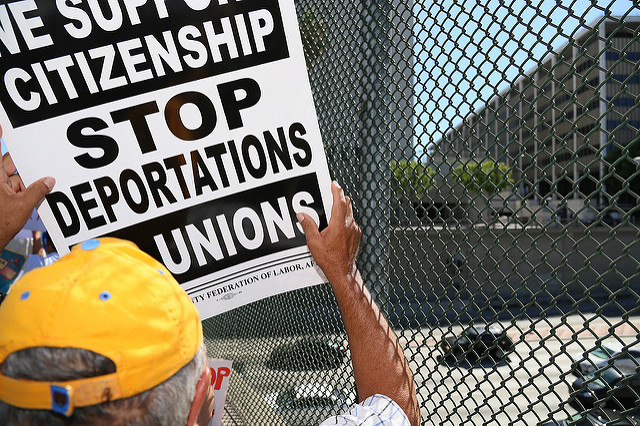Since President Donald Trump was elected to the office of the Presidency, a lot has changed in immigration law. From the very beginning, President Trump set out to shatter the status quo with his infamous campaign slogan “Make America Great Again” and immigration was one of the targets. With the help of his campaign advisers and his larger than life personality, President Donald Trump, defeated his biggest political rival, the famed career politician Hillary Clinton. Throughout his campaign it became clear that the Donald Trump persona was not simply made for TV. Whether you agree with his policies or not, Donald Trump has proven that he is a force to be reckoned with.
As Americans headed to the polls on that fateful morning on November 8th there was a tinge of uncertainty in the air—even an odd sense of silence. For those that disagreed with President Trump’s policies, the choice was clear, but for those that had endured eight years under Barack Obama, an unfamiliar face in politics was the answer. Everyone knew Donald Trump as a wealthy real estate mogul with an affinity for the spotlight, but few knew what Donald Trump would be like as a politician, let alone President of the United States. Despite the criticism, Donald Trump became a national phenomenon, capturing the hearts and minds of the American people with his no nonsense approach to politics, and his appeal to a large and growing conservative base. From the very beginning of his presidency, Donald Trump set out to become one of the most unconventional Presidents of the modern era, using his preferred method of Tweeting to reach the American people. Although his administration is only a year old, it has been marred with scandals, dozens of firings, resignations, and abrupt departures.
 Visa Lawyer Blog
Visa Lawyer Blog











